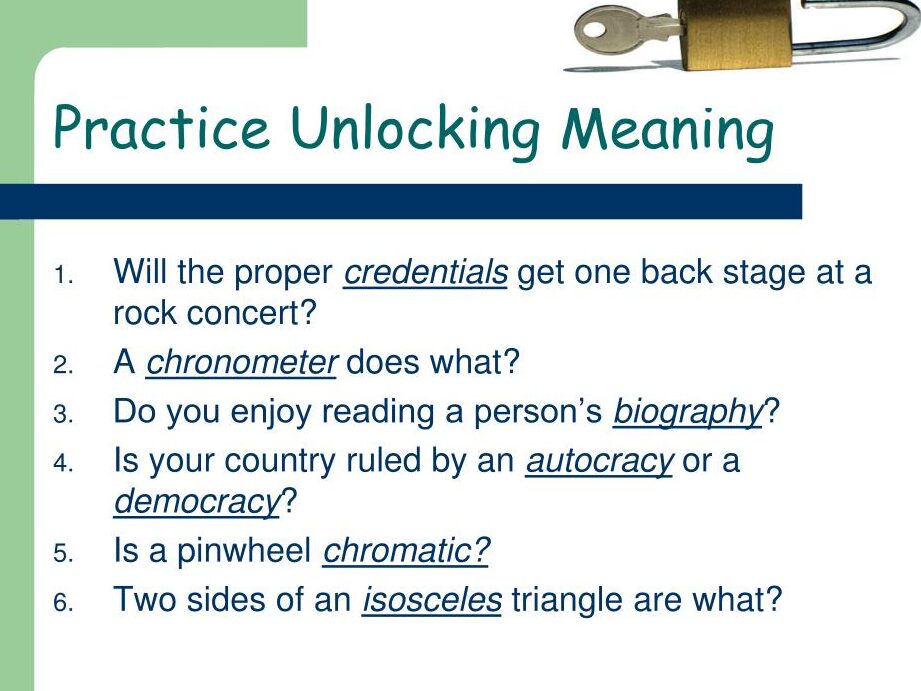
Unlocking the Meaning of 'Konnichiwa': What Does it Really Signify?

Discover the meaning behind the iconic Japanese greeting "konnichiwa" and how it embodies a culture of respect and politeness. Explore the significance of this everyday phrase in connecting with others and understanding Japanese customs on MeaningofThings.in.
- The Meaning and Cultural Significance of 'Konnichiwa': Exploring Greetings in Japanese Culture
- How do you respond to Konichiwa?
- What does Moshi Moshi mean?
- How do you greet in Japan?
- Is it konnichiwa or ohayo?
-
Frequent questions
- What is the significance and cultural implications of saying "konnichiwa" in Japanese culture?
- How does the literal translation of "konnichiwa" contribute to its overall meaning and usage in everyday conversations?
- In what ways does understanding the nuances of "konnichiwa" enhance one's appreciation of Japanese language and customs?
The Meaning and Cultural Significance of 'Konnichiwa': Exploring Greetings in Japanese Culture
The greeting "Konnichiwa" in Japanese culture carries a significant meaning rooted in the cultural values of respect and politeness. In Japanese society, greetings are considered essential in building relationships and showing proper etiquette.
Maybe you may be interestedUnlocking the Hidden Depths of 'Konnichiwa': Exploring Its Meaning and Cultural SignificanceKonnichiwa is commonly used as a daytime greeting, typically translated to "good afternoon" in English. The word is composed of two parts: "konnichi," meaning "this day," and "wa," a particle that indicates the subject of a sentence. Together, they create a greeting that acknowledges the present moment and shows consideration for the other person's well-being.
In Japanese culture, the way greetings are exchanged reflects the hierarchical nature of relationships. Using the appropriate greeting, such as Konnichiwa, demonstrates respect for social norms and conveys a sense of harmony within the interaction.
Maybe you may be interestedUnveiling the Depths of 'Konnichiwa': Exploring its Cultural Significance and True MeaningMoreover, the tone and manner in which greetings are delivered are equally important. A genuine and enthusiastic Konnichiwa can convey warmth and sincerity, fostering a positive atmosphere for communication.
Overall, the cultural significance of Konnichiwa lies in its role as a vehicle for establishing connections, conveying respect, and upholding the values of politeness and harmony in Japanese society.
Maybe you may be interestedUnlocking the Cultural Significance: Exploring the Meaning of 'Itadakimasu'How do you respond to Konichiwa?
When someone greets you with "Konichiwa," they are saying hello in Japanese. Konichiwa is a versatile greeting that can be used at any time of the day. It's a respectful way to acknowledge someone and start a conversation. In response, you can simply say "Konichiwa" back to return the greeting. It's a nice way to show politeness and friendliness in Japanese culture.
What does Moshi Moshi mean?
Moshi Moshi is a Japanese term that is commonly used as a polite way to answer the phone. It is similar to saying "Hello" when picking up the phone in English. The term is repeated twice for emphasis and politeness. It is a cultural norm in Japan to use Moshi Moshi when answering the phone to confirm that you are listening and ready to engage in a conversation.
Maybe you may be interestedSure, here is a suggested title for your article: Exploring the Meaning of Daijoubu: A Deep Dive into Japanese Language and CultureHow do you greet in Japan?
In Japan, greetings are an important aspect of social interaction and show respect for others. One common way to greet someone in Japan is by saying "Konnichiwa" which means "Hello" or "Good afternoon" in English. Another common greeting is "Ohayou gozaimasu" which means "Good morning."
It's important to remember that Japanese greetings often include a bow, which is a sign of respect. The depth of the bow can vary depending on the formality of the situation and the relationship between the individuals.
Maybe you may be interestedUnveiling the True Arigato Meaning: Gratitude in Japanese CultureOverall, greetings in Japan play a significant role in daily interactions and reflect the values of respect and politeness in Japanese culture.
Is it konnichiwa or ohayo?
In the context of meaning of things, "konnichiwa" is used as a general greeting throughout the day, while "ohayo" specifically means "good morning."
Maybe you may be interestedUnlocking the Mysteries: Understanding Zodiac Signs and Their MeaningsFrequent questions
What is the significance and cultural implications of saying "konnichiwa" in Japanese culture?
Konnichiwa is a common greeting in Japanese culture that is used to say "hello" or "good afternoon." It signifies respect and politeness when addressing someone during the day. Saying konnichiwa reflects the importance of proper greetings and etiquette in Japanese society.
How does the literal translation of "konnichiwa" contribute to its overall meaning and usage in everyday conversations?
The literal translation of "konnichiwa" as "good afternoon" contributes to its overall meaning and usage in everyday conversations by serving as a polite greeting specifically used during the daytime.
Maybe you may be interestedThe Mystical Meaning of Moye Moye: Unraveling Its Spiritual SignificanceIn what ways does understanding the nuances of "konnichiwa" enhance one's appreciation of Japanese language and customs?
Understanding the nuances of "konnichiwa" enhances one's appreciation of Japanese language and customs by providing insight into the importance of greetings, respect for time of day, and cultural etiquette.
Si quieres conocer otros artículos parecidos a Unlocking the Meaning of 'Konnichiwa': What Does it Really Signify? puedes visitar la categoría WORLD.




